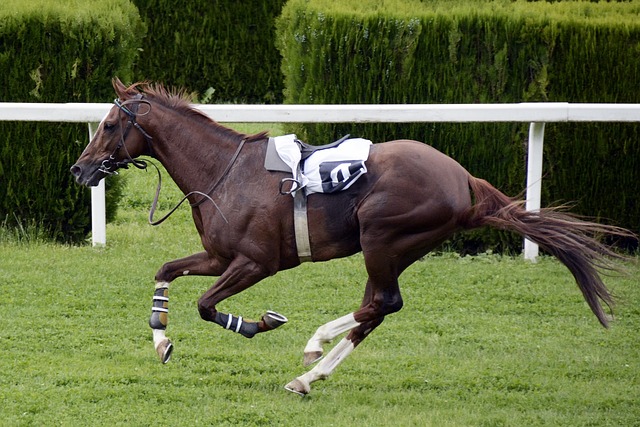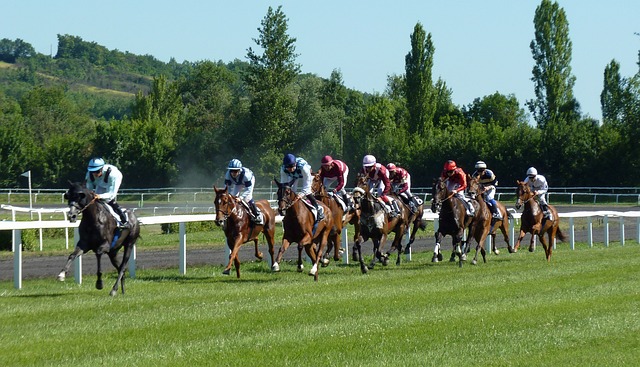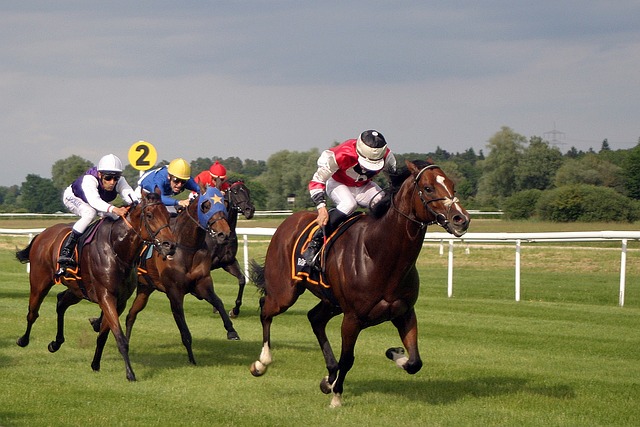In the world of betting, where the line between luck and skill is often blurred, there is a small but determined group of people who view betting not just as a hobby, but as their profession. Professional bettors, often referred to as professional gamblers or sports bettors, make a living by placing bets on the outcome of various sporting events and games. But behind the alluring glow of quick money lies a world full of challenges, discipline and meticulous analysis. This article takes a realistic look at life as a professional bettor, including the skills needed and how to succeed in this highly competitive industry.
The Reality of Professional Betting
Professional betting is a far cry from the occasional weekend gamble or sporadic bets on your favorite team. It requires a constant, methodical approach and deep analysis of data, forms, odds and even weather conditions. Professional bettors spend hours studying statistics, analyzing games and strategically placing their bets. Success in this profession depends on the ability to identify value bets – situations in which the odds offered by bookmakers do not accurately reflect the actual probability of winning an event.
Challenges and risks

One of the biggest disadvantages of professional betting is the volatility of income. Unlike a traditional job, there is no guaranteed salary or regular income. Professional bettors are greatly affected by the fluctuations of gambling, and long losing streaks can be emotionally and financially draining. Additionally, the betting industry is inherently uncertain; Bookmakers are constantly adjusting their odds and rules, which makes it difficult to find a strategy.
Another significant risk is the possibility of gambling addiction. The fine line between professional betting and problem gambling can be easily crossed, especially in times of losses when there is an urge to quickly make up for losses.
Required skills
To be successful as a professional bettor, several key skills are required:
- Analytical Skills: A strong ability to analyze and interpret data is essential to identifying patterns and making informed decisions.
- Discipline: Professional bettors must be able to set and stick to strict rules for their betting activities in order to avoid impulsive betting.
- Money Management: Effective bankroll management is crucial to ensure that losses are managed and that more money is not bet than one can afford to lose.
- Emotional Control: The ability to control emotions and make rational decisions, even in times of loss, is critical to long-term success.
- Adaptability: The betting landscape is constantly changing, and professional bettors need to be able to adapt their strategies accordingly.
The way to success

Success in professional betting doesn’t come overnight. It requires time, commitment and a constant willingness to learn and adapt. Here are some steps that can help aspiring professional bettors be successful:
- Education: Invest time learning about sports, betting markets and statistical analysis. There are many resources online including courses, forums and books.
- Networking: Interacting with other professional bettors can provide valuable insight and strategies.
- Specialization: Instead of betting on many sports, it may be more helpful to specialize in one or a few to gain a deeper understanding.
- Keep records: Detailed records of bets, results and strategies are essential for tracking progress and analyzing decision-making processes.
- Risk Management: Set limits on betting and stick to a predetermined budget to ensure financial stability.
Life as a professional bettor is not for everyone. However, as with any profession, the key to success is continued education, adaptability and unwavering commitment.




